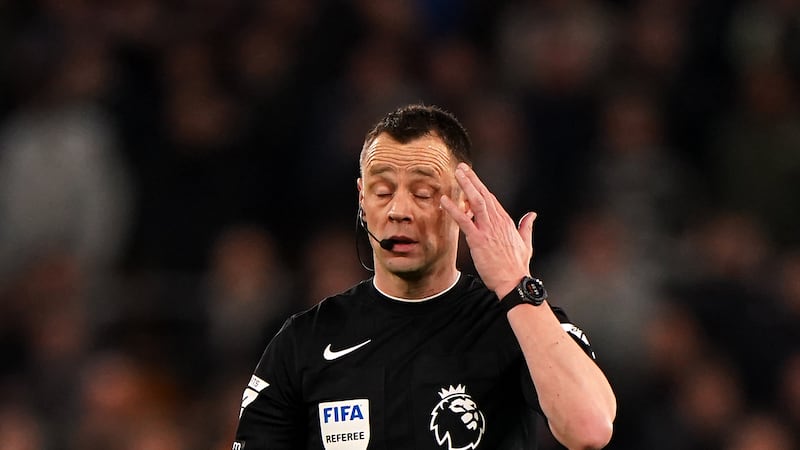Doping scandals in Jamaica and Kenya have highlighted the need for the World Anti-Doping
Agency to be given greater powers to investigate, the organisation's outgoing president has claimed.
John Fahey, the Australian who is due to be replaced by Britain's Craig Reedie later this week, said Wada's hands were tied in terms of forcing countries to take action.
Fahey's call comes after Jamaica's most senior drug tester claimed a spate of recent positive tests could be the "tip of the iceberg".
Wada officials visited Jamaica last week after shortcomings in its anti-doping programme were highlighted, while the Kenyan government has finally announced an 11-strong committee will investigate 17 Kenyan athletes being suspended for doping violations since January 2012.
Fahey, in Johannesburg for Wada's Congress, said: "We do need a greater power to undertake an investigation when we see there are potential difficulties in both Jamaica and Kenya.
"There is no power whatsoever for Wada under our code to comply anyone to do certain things and there are sanctions that can ultimately be imposed by those who control sport, that is not Wada.
"With the code review there is a likelihood by the end of this week for there to be a much better emphasis on investigation and a capacity where investigations are not conducted by countries like Kenya for Wada to instigate the investigation themselves."
The IOC can bar countries who do not comply with the anti-doping code from the olympics, but Wada has been frustrated with both Jamaica and Kenya - two of the most successful countries in terms of athletics - in dealing with the problems.
Fahey said in relation to Jamaica: "We have a responsibility to ensure that they have an effective doping programme.
"We had concerns that they had lost their way. We indicated we wanted to come and we did that to assist them.
"We have been aware of difficulties in Jamaica for some time: we have gone to them, we've assisted them, we have given them some support.
"We have indicated they need to make some improvements."
Fahey pointed out that Kenya still has no anti-doping organisation.
"This is a voluntary process. If Kenya does not wish to increase its activity in anti-doping then there is not a lot that can be done about that, there cannot be compulsion," he said.

